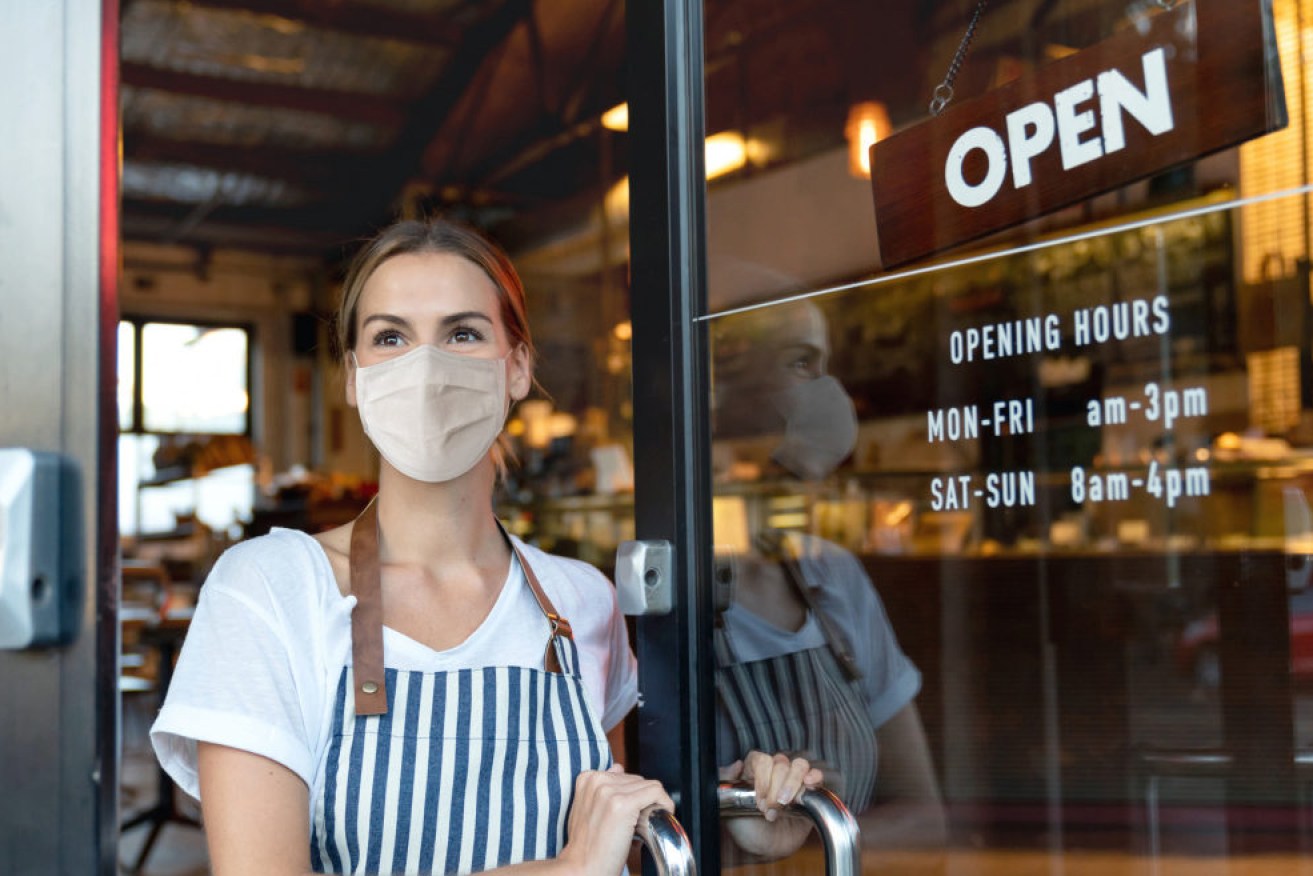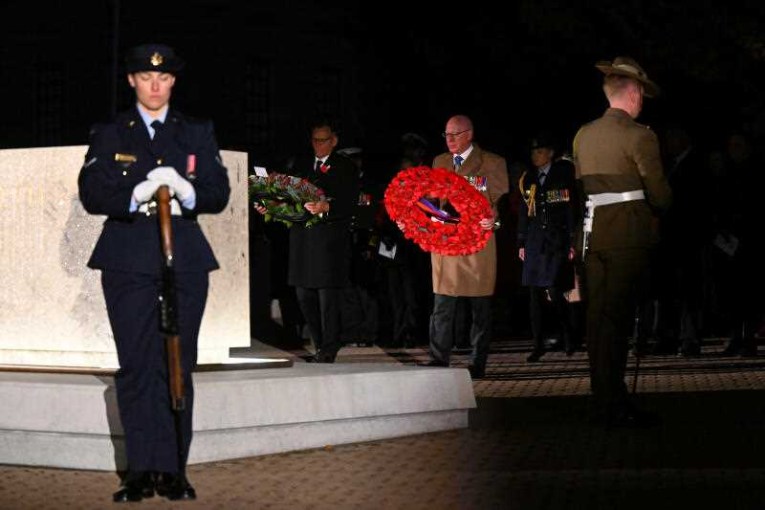Casual workers will increase risk of coronavirus third wave, union claims


Cafes and pubs are reopening, but hospitality workers now face another challenge. Photo: Getty
As restaurants and pubs around Australia reopen their doors, workers are coming out in force to demand permanent and secure jobs amid concerns casual workforces could increase coronavirus risks.
A report by Hospo Voice, the United Workers Union’s hospitality arm, based on national surveys with 4281 workers during the pandemic, has revealed the full effect of the pandemic shutdown on those working in the industry.
Many faced homelessness, went without essentials and relied on charity for food.
The report lifts the lid on how insecure work acts as a force-multiplier for the biggest problems in the industry, including wage theft and sexual harassment, as well as playing havoc with workers’ lives (70 per cent had work cut and 60 per cent said shifts varied dramatically from week to week).
The coronavirus has brought a new safety threat for those workers, and one that also risks the health of their customers.
A new study by Harvard University released at the weekend found customer-facing workers, such as those serving in essential shops, were five times more likely to test positive to COVID-19 in the US than their co-workers in other roles.
Health experts in Australia have also expressed concern for the workers in such places as retail, aged care and food venues.
Of particular concern has been the movement of staff, with casual workers often going between sites because they don’t get enough shifts at one place.
Leaders had also feared during the Victorian crisis that workers without sick pay entitlements had been avoiding getting tested for the coronavirus or taking days off when they displayed symptoms.
Data from the Australian Bureau of Statistics shows the industry with the highest casualisation rate is hospitality, at 79 per cent.
Finn Sawyer, 21
Finn Sawyer was working as a functions waiter in Melbourne but has been out of work since the pandemic hit.
He had been hoping to hold on to his job, which he started in December.
“Last year, I got fired from my job before, with no notice because they can do that,” Mr Sawyer said.
“With insecure work, there’s this kind of fear that if you want to take a shift off, your employer is going to decide they might take shifts off you, or punish you in some way.”
He said that soon after the pandemic reached Australia, business became “really slow” and he started to worry about how he would support himself.
And unlike many Australians left without work, JobKeeper wasn’t an option.
“One of the requirements of JobKeeper is you have to have worked at a place for a year. It’s just kind of impossible for most in hospo,” Mr Sawyer said.
“The casualisation of the whole industry means most workers haven’t worked anywhere that long.”
Even now that hospitality venues are opening again in Melbourne, Mr Sawyer said he still doesn’t feel relieved.
“There’s even some anxiety now because I don’t know if and when I’ll go back to my job. They (the bosses) don’t know either,” he said.
The damage of insecure work – and the COVID risk
Tim Kennedy, secretary of the new United Workers Union, said insecure work “does a lot of damage to a lot of people”.
“People need predictable hours. They need to know they’ll be paid overtime and are paid casual earnings,” Mr Kennedy said.
He slammed the federal government’s proposed bill for industrial relations, arguing it will “seek to entrench a normalisation of wage theft”.
“It will allow employers to get workers to work extra hours without being paid extra overtime,” Mr Kennedy said.
He added a lack of sick leave in the hospitality industry could increase the risk of a third coronavirus wave, because workers won’t ask for time off to get tested if they feel sick.
“The facts speak for themselves: If you look at the outbreaks captured in Sydney, they’ve occurred in hospitality settings, they’ve occurred in restaurants, in bars,” Mr Kennedy said.
“Unless people have the economic security not to turn up to work and get tested and isolate it’ll happen again.”
Professor Marylouise McLaws, an infectious diseases expert at the University of New South Wales, has consistently highlighted the link between insecure work and the added risk of a coronavirus outbreak.
“This pandemic has taken the lid off the inequality of Australian life,” said Professor McLaws, member of the WHO’s COVID-19 response team.
“Those that have underemployment – or are short of employment hours and have to work across multiple jobs – often share transport to work, and they may all live together.
“All of that adds to their risk.”
Professor McLaws also said we shouldn’t expect casual workers to become infection control experts overnight.
“These are the people we need to protect, because by protecting them, we protect the greater community,” she said.
“We need to to give them a better level of employment and better income.”








